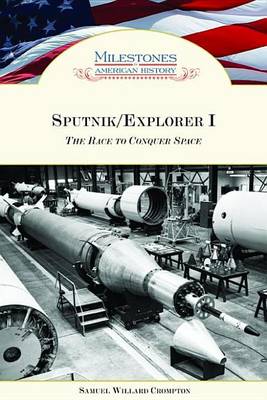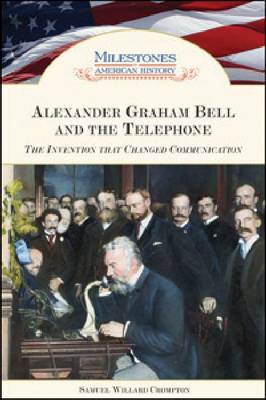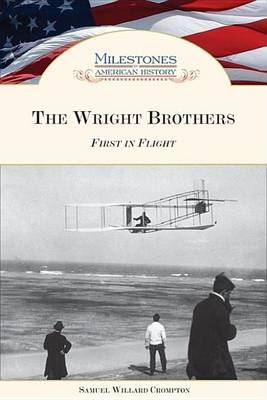Milestones in American History
8 total works
Sinking of the USS Maine, The: Declaring War Against Spain. Milestones in American History.
by Samuel Willard Crompton
Sputnik/Explorer I: The Race to Conquer Space. Milestones in American History.
by Samuel Willard Crompton



